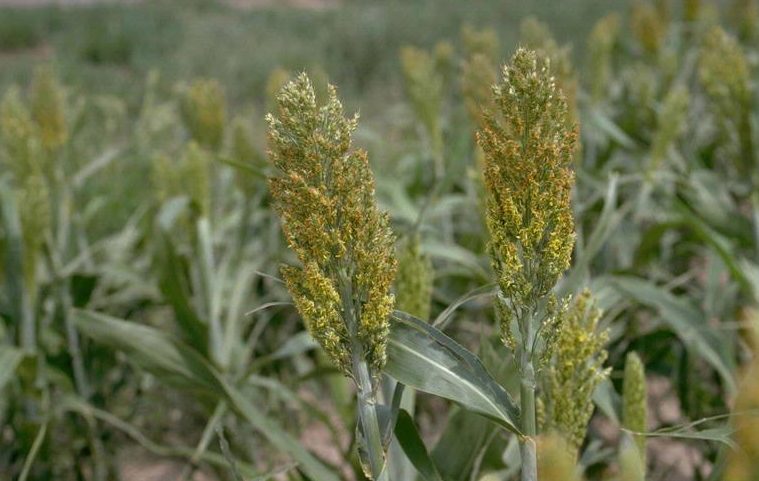Integrated Pest Management (IPM)

Integrated Pest Management, or IPM, is the practice of using a variety of methods to manage pests. When used correctly, pesticides can be a great tool for managing pests, but they should not be the first action to manage pest problems. This article will discuss a few topics including irrigation, mulching and weed control.
What Does Irrigation Have to Do With IPM?
Remember that poor growing plants are more susceptible to insects and disease. Vegetable crops will need about an inch to an inch and a half of rain per week during the growing season. We may average that each year, but in reality, we may not get rain every week. You will need a rain gauge to determine how much rain you are getting as well as the ability to irrigate when we do not get the inch or more of rain per week. I had rather use drip irrigation than overhead as drip puts the water where it is needed and does not wet the leaves. The longer the foliage stays wet, the faster diseases will develop. In addition, drip irrigation is economical, easy to install, work can be done in the field while irrigating, and fertilizer can even be applied through the drip line. I like the use of drip irrigation on bare ground production systems, but it is a must when using plastic mulch.
Mulching
Mulching conserves moisture which helps the crops that can not be irrigated and conserves water on the irrigated crops. Organic mulches break down and add to the organic matter in the soil. Organic mulches such as pine straw or pine bark are common, but other mulches can be used. Organic mulches help keep the soil cool which helps in the summer, but might not be beneficial in early season. If possible, it may be best to wait until the soil warms up before adding mulch. In contrast, black plastic is used by many farms to aid in early planting and growth. The soil warms up faster and should produce a crop earlier than bare ground production systems. In contrast, white plastic mulch can be laid during warmer temperatures when heat can be an issue. Silver or reflective mulches can be used to help manage insects.
Weed Management
Weed management is also important. Weeds in the field will take up the water and fertilizer provided for other crops, shade crops, and make harvest difficult. Make sure you manage the weeds in the field, but also around the field. Weeds surrounding the field may harbor insects and disease. Those areas around the field may be a good place to try trap crops.
Trap Cropping
Trap cropping has great potential and is done on commercial farms and home gardens in Alabama. This is a practice of planting a crop more desirable to certain insects than the cash crop. The insect is attracted to the trap crop and leaves the tomatoes (cash crop) alone. I have witnessed a trap crop with more leaf footed plant bugs in it than can be counted, and the tomato crop right beside it with very few, if any, leaf footed plant bugs found. The trap crop is planted a couple of weeks before the main crop and does take up space in the field or garden, but can be very beneficial.
Other IPM practices can include hand removal of insects such as caterpillars from tomatoes, or using barriers to keep cutworm from plants. Netting and row covers have been used to help manage pests in many locations.
Your eyes are an important management tool. Do not forget to scout the field often and identify the pest correctly.

